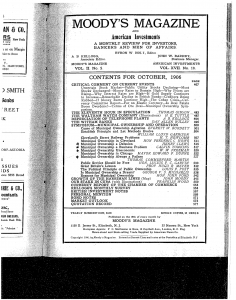July 17, 2017
The Internet is also a thing
A list I am on is counseling that a particular writer not to be taken in by a tour of a data center or network operations center. These tours are typically given by PR guides and can leave the impression that the Internet is a set of writes owned by a corporation.
I certainly agree with both concerns. But, having been a Rube on a Tour more than once, I think technologists who are deep into protocol issues may underestimate how shocking it is to most people that the Internet is also a physical thing. Yes, I understand that the Internet is a set of protocols, etc., and I understand that that is usually what we need to communicate to people in order to counter the truly pernicious belief that Comcast et al. own the Internet. But the Internet is also, as instantiated, a set of coiled wires and massive industrial installations. Seeing the blinking lights on a bank of routers and being told by the PR Tour Guide that those signify packets going somewhere is, well, thrilling.
Every Internet user understands that there is a physical side of the Net. But seeing it in person is awesome and inspiring. That’s why Shuli Hallak‘s photos in Invisible Networks are so impressive.
It is tremendously important both conceptually and politically to understand that the Net is fundamentally not a thing and is not owned by anyone. But seeing in person the magnitude of the effort and the magnificence of the hardware engineering also teaches an important lesson: the Internet is not magic. At least not entirely.









